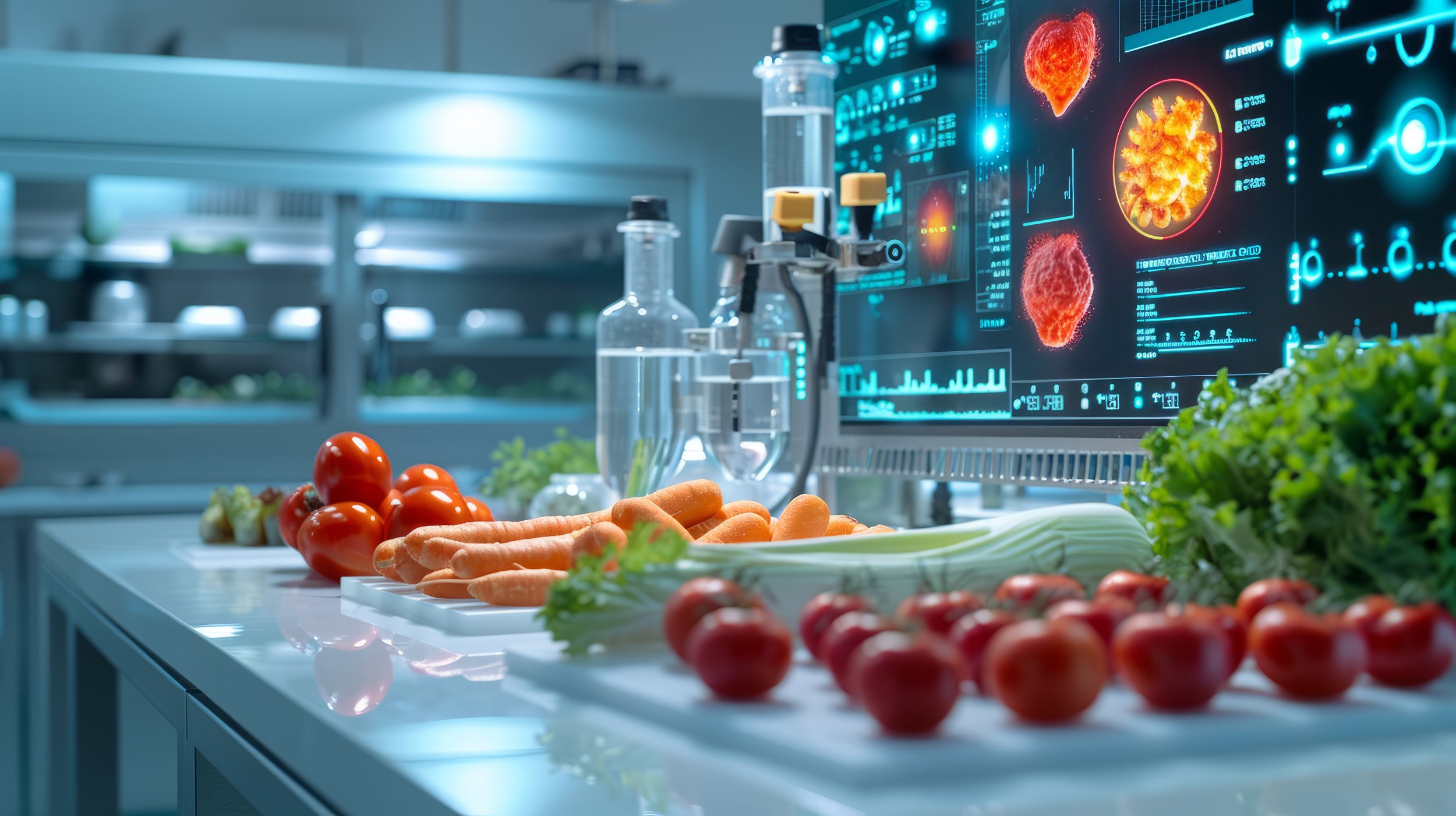What Are the Opportunities in Research and Development Food Industry Jobs?
Did you know that every year, over 20,000 new food products are launched globally—but less than 10% survive beyond their first year? Behind every successful snack, plant-based burger, or sustainable packaging solution is an army of food innovators. Research and development food industry jobs are where science meets creativity to shape the future of what we eat.
What is the Role of Research and Development in the Food Industry?
Research and development (R&D) in the food industry is the powerhouse of innovation. It’s not just about creating new flavors—it’s about responding to evolving consumer demands, meeting regulatory requirements, improving sustainability, and ensuring food safety. R&D teams are responsible for a wide range of activities including developing novel ingredients, improving processing techniques, optimizing nutritional value, and enhancing shelf life.
One major goal of food R&D is to increase operational efficiency while maintaining quality. This involves introducing automation technologies, streamlining production processes, and finding new ways to reduce waste. In a world increasingly focused on health and sustainability, R&D efforts are also centered on cleaner labels, reduced sugar and fat content, plant-based alternatives, and recyclable packaging.
Beyond innovation, R&D supports companies in ensuring compliance with international food safety standards like HACCP. With rapidly changing consumer preferences and environmental concerns, the industry is investing heavily in R&D to maintain competitiveness and future-proof their brands. In short, R&D is the foundation that allows food businesses not only to adapt and lead.
What is the Role of a Food R&D Specialist?
A food R&D specialist—also known as a food technologist—plays a pivotal role in turning innovative ideas into market-ready products. These professionals bridge the gap between science and commercial success by conducting laboratory research, testing ingredient interactions, and analyzing nutritional content. Their expertise ensures that products are safe, nutritious, appealing, and scalable for mass production.
Their responsibilities range from writing product specifications and sourcing ingredients to running experiments that test taste, texture, stability, and safety. Specialists collaborate with suppliers, marketing teams, and production units to bring products to life. They also work on improving existing formulas—making them more cost-effective, health-conscious, or compliant with new food regulations.
Strong observational skills, analytical thinking, and a passion for food science are key to thriving in this role. Most R&D food technologists have degrees in fields like Food Science, Nutrition, or Dietetics, and certifications such as the Level 3 Diploma in Food Technology and Management can be advantageous. Career opportunities span across sectors—from large-scale manufacturers to startups specializing in functional foods or alternative proteins.
With the rise of plant-based diets and functional foods, food R&D specialists are at the forefront of creating the future of food. This role is perfect for those who love science, innovation, and making a real impact on global eating habits.
What Does a Research and Development Chef Do?
While food technologists work mostly in labs, research and development chefs operate at the delicious intersection of culinary arts and science. These professionals create and test new recipes with both flavor and function in mind. They bring a deep understanding of food trends, cooking techniques, and nutrition to the innovation table, developing dishes that are not only tasty but also viable for mass production.
An R&D chef is typically involved in recipe formulation, experimentation, and sensory testing. They design food products that meet market trends—like low-carb snacks or fusion cuisines—while also ensuring scalability and regulatory compliance. They might adjust recipes to extend shelf life, reduce sodium, or use more sustainable ingredients.
Beyond the kitchen, R&D chefs contribute to marketing strategies by offering insights on consumer preferences and flavor profiles. They may assist in troubleshooting production issues, work closely with food scientists, and support the sales team by preparing samples for potential clients or investors.
Working in either a test kitchen or food lab, R&D chefs need creativity, strong culinary skills, and knowledge of food science. Their career path can lead to roles such as Innovation Manager or Product Development Lead. With the growth of gourmet convenience foods, alternative proteins, and global flavors, R&D chefs are more essential than ever in shaping what’s next on our plates.
What is the Future of Research and Development Food Industry Jobs?
The future of research and development food industry jobs is brimming with innovation and opportunity. One of the fastest-growing areas is alternative proteins, fueled by concerns over sustainability, animal welfare, and health. Food technologists and R&D chefs are now pioneering plant-based meats, cultured proteins, and insect-based alternatives that aim to replicate traditional meat experiences without the environmental toll.
Technology is also playing a transformative role. Data analytics, AI-driven ingredient discovery, and precision fermentation are unlocking new possibilities in product development. Smart packaging, gut-health boosting ingredients, and climate-resilient crops are other hot areas of exploration.
As consumer demands shift toward clean labels, functional nutrition, and ethical sourcing, R&D professionals must adapt by becoming more interdisciplinary—merging food science, biotechnology, sensory research, and even behavioral psychology.
From startups to multinational corporations, the demand for skilled R&D professionals is growing globally. Career growth is strong, with entry-level salaries starting around $49,000 in the U.S., and senior roles exceeding $70,000 annually. Additional benefits often include bonuses, health coverage, and opportunities for global travel.
The field is ideal for individuals with a passion for food, science, and sustainability. With the right education and drive, a career in food R&D is not only stable and rewarding—but also deeply impactful in shaping the future of global nutrition and food security.
Your Next Step in Food R&D
If you’re inspired to innovate the next big plant-based protein or design a snack that balances flavor and health, research and development food industry jobs offer an exciting and impactful career path. Whether your skills lie in chemistry, culinary arts, or consumer insights, there’s a niche for you in this rapidly growing field.
Do you want to contribute to sustainability and be part of the transformative Alternative Protein sector? At Tälist, we connect you with opportunities that match your skills and passions in the sustainable food industry.
Sign up now and get matched with job opportunities that create the future of food! Join us in making a significant impact on the environment, health, and food security by working in the Alternative Protein sector.
Want to know what concrete jobs in the Alternative Protein industry look like? Take a look at the numerous opportunities available on our job board and be part of the change towards a more sustainable and ethical food system.

